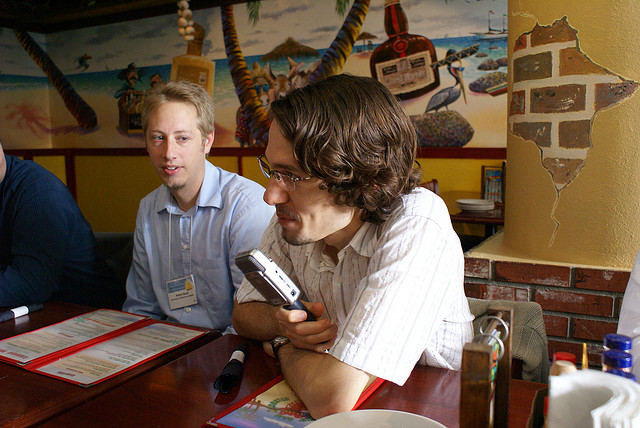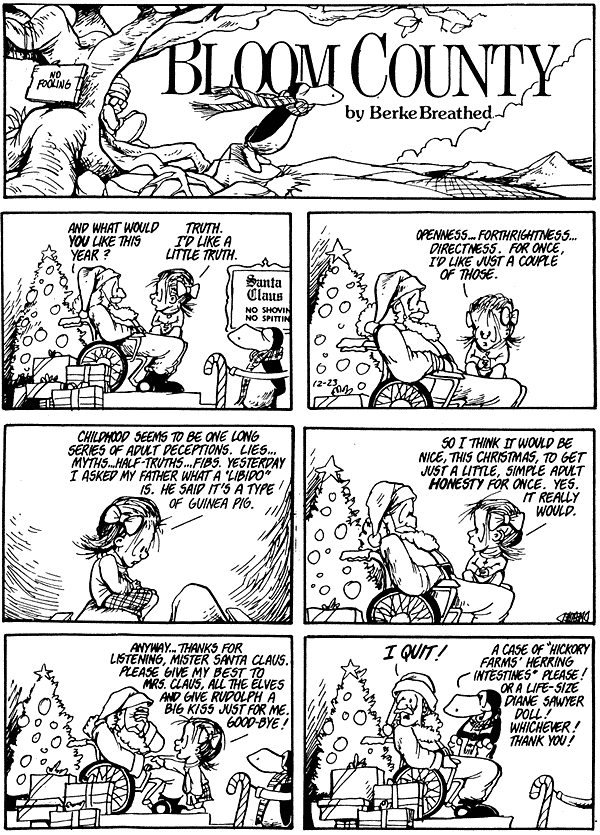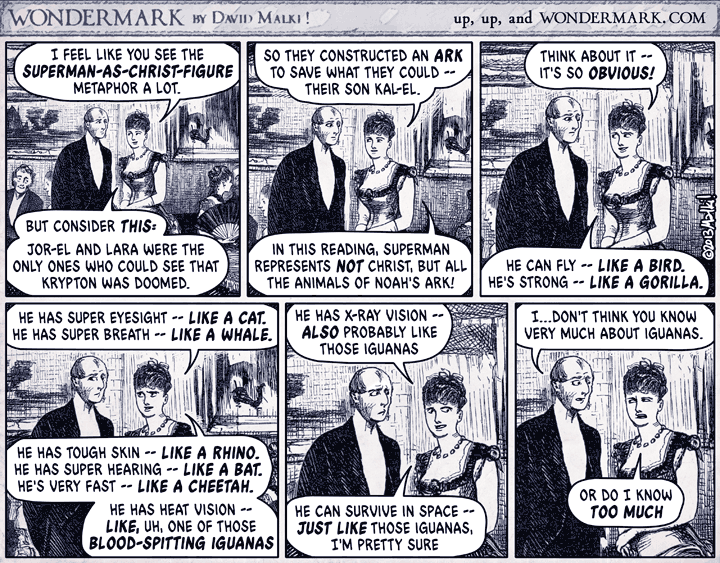A number of folks have commented on Prof. Hendel’s declaration that he is not renewing his SBL membership. (As always, John Hobbins has an incredibly thoughtful take on matters.) Today SBL members received an email from “SBL” (personified!) and I share it with others below. My thoughts can be summarized as this: the bigger the tent the bigger the party.
I suppose this is because as an evangelical who, aside from 3 semesters at Wheaton College (Illinois, you know, not the one that Ann Curry visited), has spent my entire academic life in a world where my ideas, thoughts, and convictions were challenged I relish engagement with those of other views and visions. I am not intimidated by those who have different faith positions than my own or who seek to convert me, whether to their religious view or academic position. As a non-Jew working primarily in rabbinic texts I have had my fair share of encounters with scholars who have told me with solemn conviction that because I was not raised within a Jewish home and because I had not attended a yeshiva my work has no credibility and that I would never be successful in my field. I will let others speak regarding the quality of my academic work, but I have never felt that such people should not be at our conferences nor that they should intimidate me. Indeed, on many days if it weren’t for their voices telling me I could not do it I may well have never persevered.
So Pentecostals, Protestants, Orthodox (Christian and Jew), and everyone else no matter what label they choose or eschew are welcome. And judging by SBL’s response, it appears that they feel that way as well.
Dear SBL Member,
Professor Ronald S. Hendel recently published an opinion piece in Biblical Archaeology Review (see “Farewell to SBL: Faith and Reason in Biblical Studies”) in which he argues that “[in] recent years [SBL] has changed its position on the relationship between faith and reason in the study of the Bible.” We encourage all SBL members and other interested individuals to read the article in its entirety, then visit the SBL website for several clarifications of Professor Hendel’s claims as well as a request for an open discussion of the SBL and its standards for membership and organizational affiliations.
We look forward to your feedback.
Cordially,
SBL
As an aside, I just noticed that the BAR article apparently has “no comments” yet. Somehow I find that hard to believe…Perhaps comments have been turned off?





7 thoughts on “Leaving SBL, faith and reason”
I see both sides of this. A big tent can be good, unless it totally redefines the program. For me, SBL has been a great place to see good Biblical scholarship in action. I have no problem with evangelicals having a seat at the table. But it must be a scholar-based seat, and not just another venue to preach the gospel.
We are all welcome to our own personal dogma. But what does that have to do with scholarship? Hendel notes errors pushed by the evangelicals, such as Moses writing Deuteronomy. It may be that Moses anciently wrote something, and portions of it may be in Deuteronomy, but he did not write Deuteronomy as we now have it.
While encouraging a big tent, there has to be a limit on who is invited into the tent, or what is allowed within the tent. One can have an open mind, but it should not be so open so that all brains fall out. Shall we invite Phillip Pullman to discuss at SBL how God is a demiurge that is out to ruin our happiness? How about invite the followers of Sun Myung Moon, so they can explain how their leader is God incarnate, and that Christ failed in his mission? How big of a tent is too big?
I certainly agree that academic expertise, scholarship, must continue to be the criteria for those submitting papers and leading sections. That has always been the case, but SBL has always (at least in the 17 years I have been attending) allowed anyone to attend, who was willing to pay the fees.
As regards Pullman or followers of Sun Myung Moon, such folks have been allowed to participate for years, long before this latest kerfuffle, so long as their papers addressed biblical literature. Otherwise that is what AAR is for. 😉
But your suggestion that evangelicals should not be allowed to be participate, for example, because of their traditional views is problematic on two levels. The first is, so long as their are willing to allow their argument of Mosaic authorship be challenged like any other (and of course, papers might well be rejected for a session in the first place) then let the conversation take place. I notice that on your site you state that you are an active member of the Church of Jesus Christ of Latter-Day Saints. Surely you are aware that there are many who would argue that by definition Mormons should not be allowed to participate due to their dogma. So by your implied standards regarding evangelicals one could easily argue that Mormons therefore should not be allowed to participate in SBL.
Somehow I don’t think you would agree with that position.
Chris,
I was not stating that evangelicals should not attend. I was stating that there should be a minimal expectation out of all those attending and presenting. For example, that Hendel noted evangelicals using the conference to proselyte to Jews should not have happened at all. There are other appropriate venues for that.
I agree evangelicals should be able to put forth certain ideas, but then be ready to defend those ideas. However, there is a difference between making a claim based on dogma, and a claim based on research. I would hope that SBL does not sink to being just another Christian Convention, but stays rigorous in its scholarship.
So, my point is that there needs to be a modicum of propriety by all who attend. If Latter-day Saints were to send missionaries to SBL, I’d be definitely opposed to it. And I’d be vocal about it. However, if LDS member Dana Pike, who worked on the Dead Sea Scrolls team were to give a critical paper at SBL that might have a few Mormon undertones in it, I would not complain. He would just have to be ready to defend those things.
I expect the same from all who attend or present at a scholarly conference of any kind. And if an individual or group refuses to follow protocol, perhaps he/they should be disinvited until ready to abide by such rules.